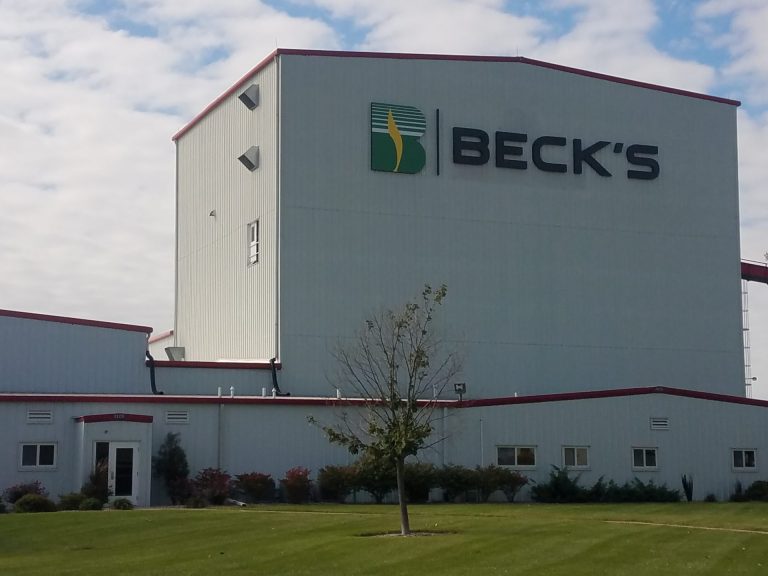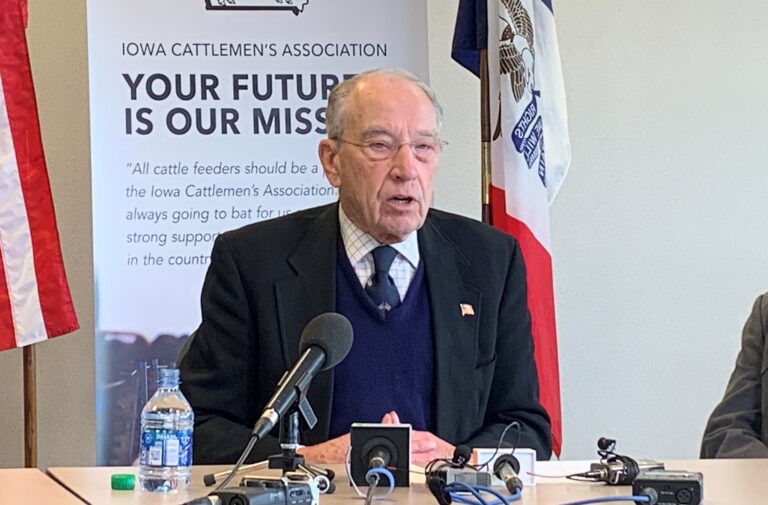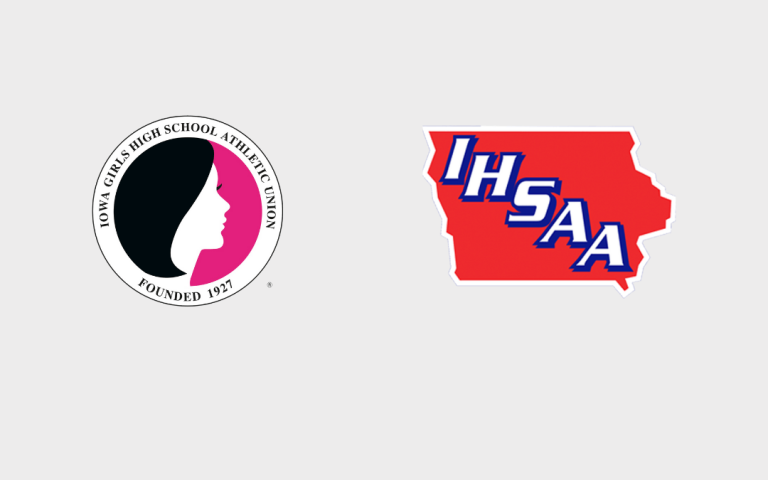IARN — The U.S. beef industry could be seeing benefits from Canada’s BSE risk upgrade.
The World Organization for Animal Health recently upgraded both Canada and Ireland’s BSE risk classifications. U.S. Meat Export Federation senior director of export services Travis Arp provided some details in this week’s USMEF report.
“Both Canada and Ireland were recently reevaluated by the World Organization for Animal Health for their BSE risk status, which was quite a long time in the making, and they needed to both clear a lot of hurdles for that,” Arp said. “But now that they have been moved from controlled risk to negligible risk, this is going to open up opportunities for both of those countries to see expanded access into many of their export markets which were previously restricted due to their BSE status.”
While this is obviously good for Canadian and Irish beef exporters, Canada’s upgrade could also create regulatory relief in the U.S. beef industry.
“There are a lot of export markets, particularly in Asia, that have Canadian cattle restrictions on U.S. beef exports,” Arp said. “Restrictions on products that came from direct slaughter Canadian cattle or imported Canadian feeder cattle that were fed in the U.S. and slaughtered in the U.S. And so, with this change in risk status for the BSE, markets like Korea, Taiwan, Singapore, and even closed markets like Australia, this is an opportunity for the U.S. to go back to these trading partners and renegotiate those terms that were on those Canadian cattle.”
Arp added that plants deal with a lot of administrative costs involving the management of these export verification programs. The removal of the programs would lower costs for U.S. beef exporters and simplify the export process.
Story courtesy of the Iowa Agribusiness Radio Network
Image source: Wikimedia Commons












